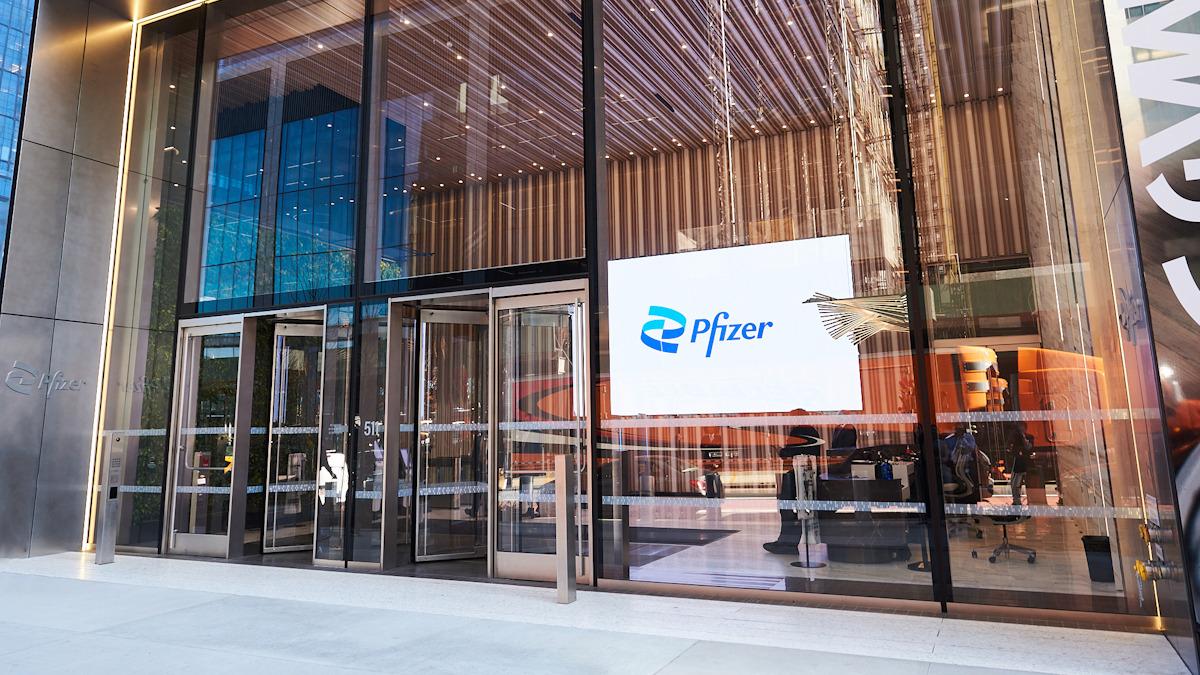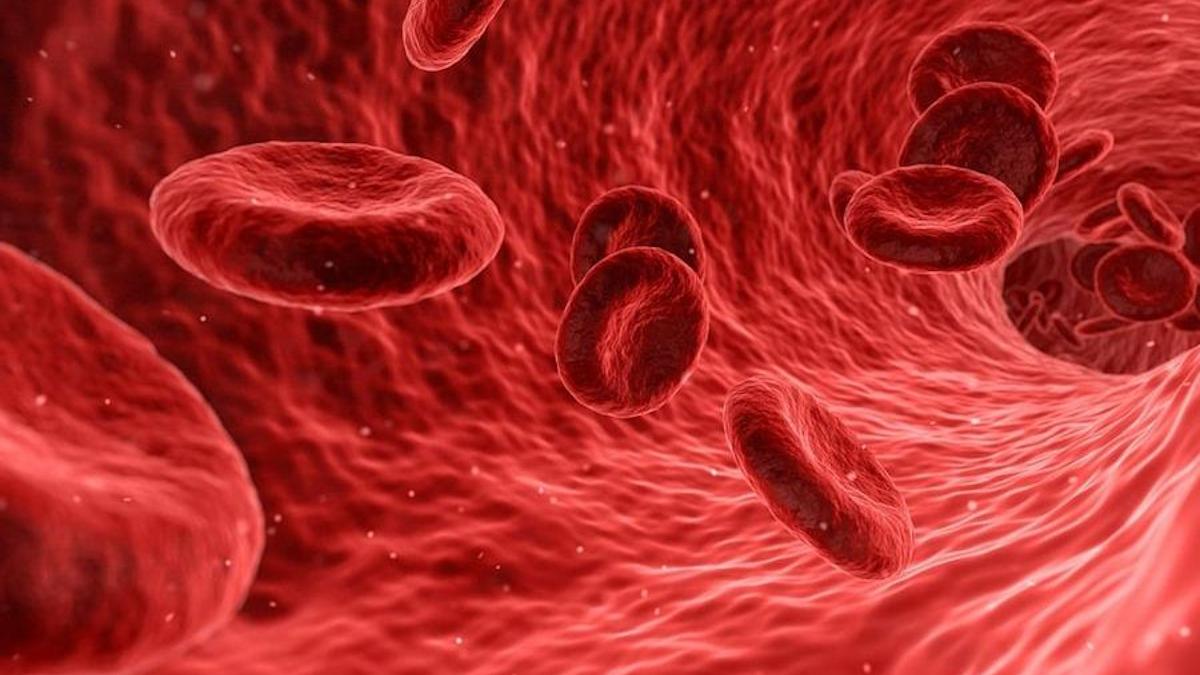Pfizer's weekly haemophilia drug backed for NHS use

Some patients in England living with severe haemophilia B will soon be able to do away with need for regular infusions, after a weekly, subcutaneous shot from Pfizer was cleared for NHS use.
The green light for anti-RFPI antibody Hympavzi (marstacimab) from health technology assessment (HTA) agency NICE comes just a few weeks after the drug was approved by the UK medicines regulator, the MHRA, and will be an option for people with severe haemophilia B who weigh at least 35 kg and have not developed antibodies (inhibitors) against Factor IX (FIX) replacement therapy.
At the moment, people with haemophilia B need to take regular infusions of FIX replacement therapies in a clinic, while Hympavzi can be administered using an autoinjector at home.
The publication of final draft guidance by NICE means Hympavzi should start to become available to patients in early autumn, according to The Haemophilia Society, which said it expects to the treatment to become available in due course in Wales, Northern Ireland, and Scotland.
Steve Wilkinson, who is 55 and lives with severe haemophilia B, said that the availability of a subcutaneous option "feels like a big step forward," but added that he hoped Hympavzi would also become available for people with inhibitors and for younger children.
There are trials currently underway with the hope that marstacimab's license will be extended to people with inhibitors and children aged under 12 in the future.
NICE is also looking at the role of Hympavzi in treating severe haemophilia A, where there are other subcutaneous options available, including Roche's Hemlibra (emicizumab) and Sobi's long-acting FIX drug Altuvoct (efanesoctocog alfa), which are also given by injection once a week.
While no decision has yet been made, NICE said in a statement that at the moment "the evidence for marstacimab showed that it is not a cost-effective option in this group."
Around 255 people live with severe haemophilia B in England, of who an estimated 205 will be eligible for treatment with marstacimab, according to NICE.
"A subcutaneous treatment option for severe haemophilia B is a positive development, which will open up some much-needed choice for people living with the condition," said Conan McIlwrath, chair of The Haemophilia Society.
"This will hopefully help people move towards more individualised treatment plans, based on what best supports the life they choose to live."












